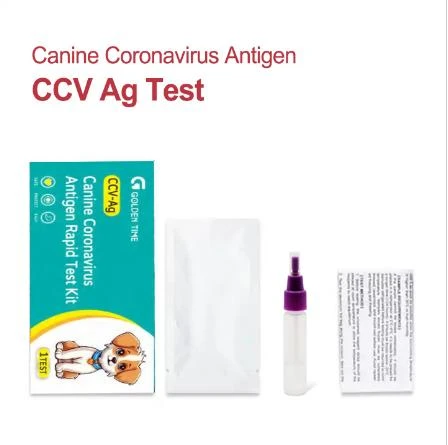Dec . 11, 2024 02:02 Back to list
Understanding Fecal Occult Blood Testing and Its Importance in Health Screening
Understanding Fecal Occult Blood Tests and Their Importance in Health Screening
Fecal occult blood tests (FOBT) have emerged as a critical component in the early detection of colorectal cancer and other gastrointestinal disorders. These tests aim to identify hidden blood in the stool, which is a potential indicator of serious health issues. This article will explore the significance of FOBT, the manufacturing process of the tests, and their role in public health screening programs.
Understanding Fecal Occult Blood Tests and Their Importance in Health Screening
The manufacturing of FOBT kits is a meticulous process that requires adherence to stringent quality control measures. They are designed to detect traces of blood that may not be visible to the naked eye. Manufacturers utilize advanced technologies and rigorous testing to ensure that the kits deliver reliable and accurate results. The test kits typically come in two main forms guaiac-based tests and immunochemical tests. Guaiac tests use a chemical that reacts with hemoglobin, while immunochemical tests utilize antibodies that are specific to human hemoglobin, increasing the specificity of the tests.
fecal occult blood factories

Following production, FOBT kits are subjected to various quality assurance protocols. This includes stability testing to ensure that the tests remain effective during their shelf life, as well as performance evaluations to ascertain their accuracy in detecting blood. Strict adherence to regulatory standards is critical to maintaining the integrity of the manufacturing process. As a result, these tests can be confidently used by healthcare providers in diverse settings, from hospitals to primary care clinics.
To maximize the effectiveness of FOBTs, public health organizations advocate for regular screening, particularly for individuals aged 45 and older or those with a family history of colorectal cancer. The convenience of FOBT allows individuals to conduct the test in the privacy of their homes, providing a greater likelihood of participation in screening programs. Patients simply collect a small sample of stool and send it to a laboratory for analysis. Following the examination, healthcare providers discuss the results and, if necessary, recommend further diagnostic procedures.
Despite their advantages, FOBTs are not without limitations. False-positive results can occur, necessitating follow-up colonoscopies. Additionally, dietary factors and certain medications may affect test results. Therefore, it is essential that patients are properly informed regarding preparation for the test and the significance of results. This communication is crucial in ensuring that patients understand the importance of undergoing regular screenings and recognize the potential health implications of their results.
In conclusion, fecal occult blood tests are a vital tool in the fight against colorectal cancer. Their manufacturing involves a careful process that ensures reliability and accuracy. As public health initiatives continue to promote these screenings, it is crucial for individuals to understand their role in early detection and prevention. By participating in regular screening, individuals can take proactive steps towards safeguarding their health and potentially saving lives. Awareness and education about FOBTs will ultimately contribute to reduced cancer mortality rates and improved public health outcomes.
-
HIV-1/2 Ab Combo Rapid Test Kit for Fast, Reliable Blood Screening
NewsJul.27,2025
-
High-Quality Nasal Swab for Accurate Testing – Fast Results
NewsJul.26,2025
-
One Step LH Ovulation Test Kit - Accurate & Easy At-Home Fertility Tracking
NewsJul.25,2025
-
Sterile Urine Cup for Accurate Specimen Collection | Leak-Proof Design
NewsJul.24,2025
-
High Quality Cassette Lateral Flow for Accurate Testing Solutions
NewsJul.23,2025
-
Malaria PF / PAN AG Rapid Test – Accurate & Fast Malaria Diagnosis
NewsJul.22,2025

